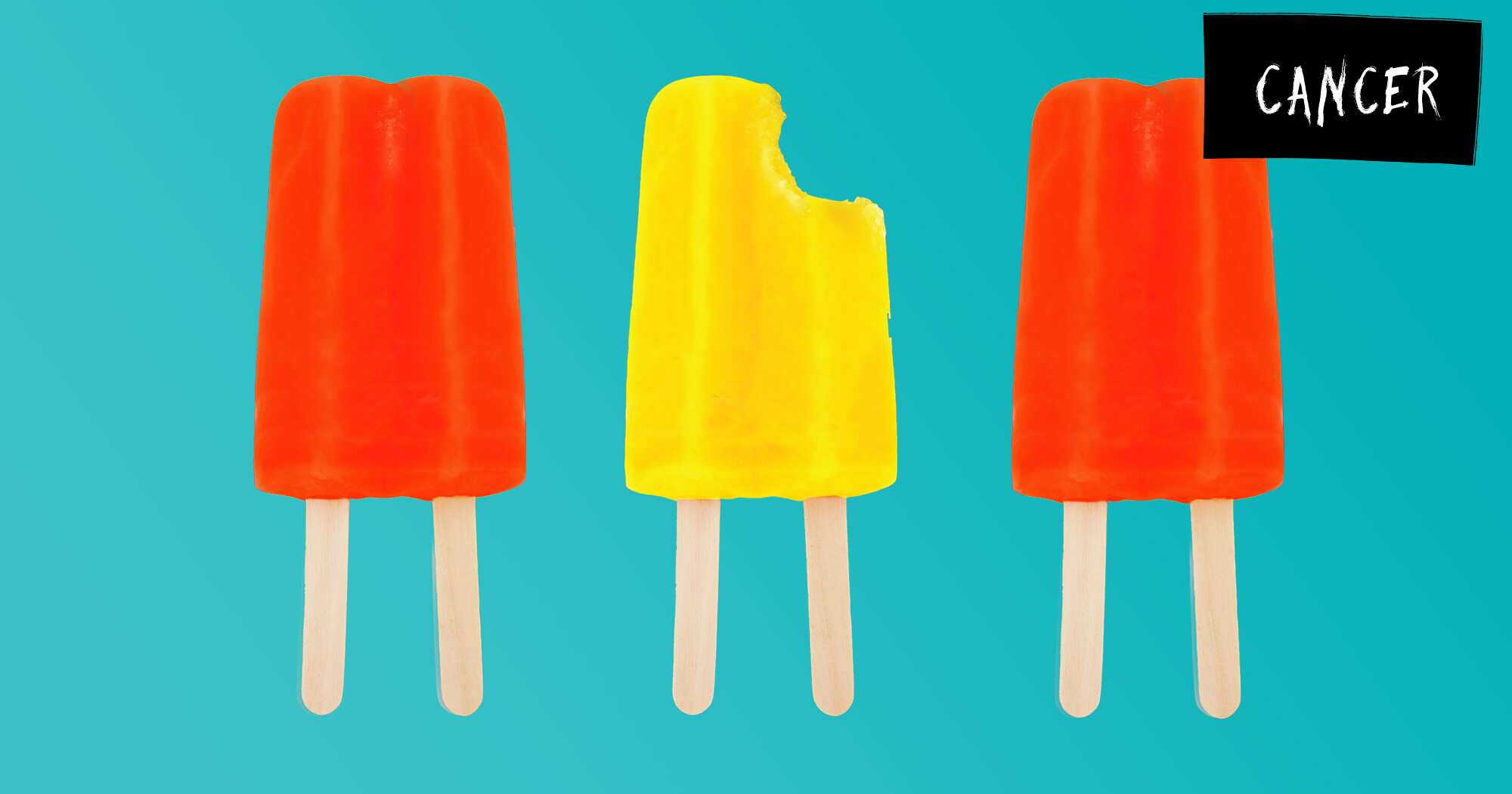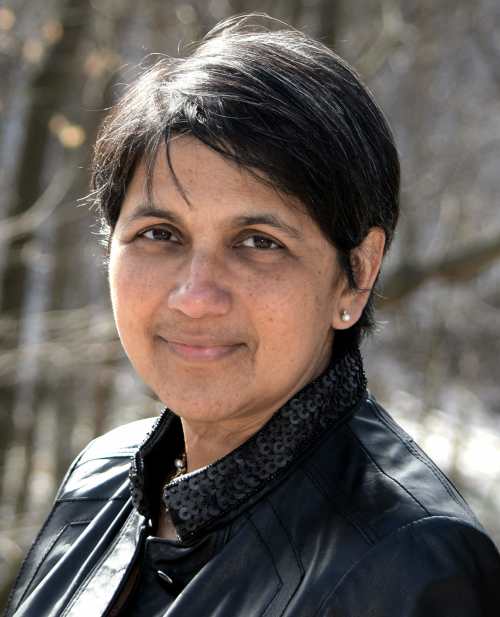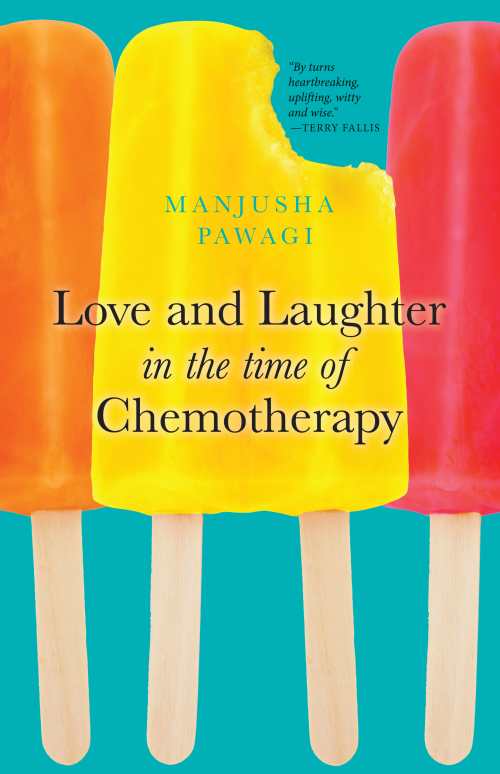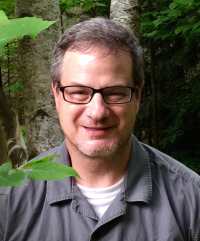A Humorous Cancer Memoir is Tragedy Plus Time

First, get the news that you have cancer and are about to undergo a treatment that will make you very sick. Now, try to sit down and write a memoir about your experience that contains some wry humor and ties it all into a narrative arc with a beginning, middle, and end. It is very difficult to do while you’re inside the story. What does help, though, is writing down every thought, dark and light, to friends and family. In fact, for cancer patients, writing helps them cope in the moment.
That’s what Manjusha Pawagi did when she was diagnosed with cancer. Later, with some distance, the family court judge took those in-the-moment thoughts and molded them into a narrative arc that contains some darkness, but also love and laughter. Her memoir, Love and Laughter in the Time of Chemotherapy, is set for release in October from Second Story Press. I asked her about how she was able to find her narrative.
So, first of all, what’s the story behind the banana Popsicle on the cover?

Manjusha Pawagi: "What gradually brought me out of my self pity though was writing posts to my friends on the CaringBridge website."
The banana Popsicle refers to my response to one of my darkest moments. I came out of surgery attached to a feeding tube, oxygen tube, ileostomy bag, catheter and morphine IV. I live to accomplish things, whether it’s applying for jobs or planning travels with my family and it was devastating to be confined to a hospital bed. So what I did (and it’s only hindsight that I realize why I did it) to avoid despair is focus on an achievable goal. I was told I couldn’t yet eat anything by mouth, so I became obsessed with trying to get a banana Popsicle.
One passage in your book speaks not only to the pain of cancer and treatment, but also to the “story” about your cancer. You write: “I’ve lost my will to live. More importantly, I’ve lost my narrative arc. I’m going nowhere.” Can you explain what you mean?
I think it’s not just my need, but a universal human need, to make sense of the chaos and randomness of life by turning it into a coherent story. Now a good story needs a resolution; whether happy or sad, it needs to arc toward a satisfactory ending. But I didn’t know where I was going in my recovery. I survived the transplant but the transplanted stem cells could still kill me at a future time. I was alive but there didn’t seem to be a point to being alive if I couldn’t return to work, or hike or swim or do any of the things I loved to do. I felt suspended, like a ghost haunting the life I used to have. What’s the point of a life or a story where nothing happens?
Your book contains both darkness and humor. Sometimes both at once. Did you find that those around you expected you to feel one way or another?
Full disclosure: the humour only came afterwards. Like the saying goes, humour is tragedy plus time. At the time, it was all unredeemably awful and I was a terrible patient. What gradually brought me out of my self pity though was writing posts to my friends on the CaringBridge website. The worse things got, the better my posts would be and the more responses I would get, so instead of feeling sorry for myself I would find myself thinking, this is great material! People were surprised and impressed and I fed off that.
In your work, you are a family court judge, where you’re faced daily with issues involving both logic and human emotion. Does your cancer experience compare?
My cancer experience left me feeling deeper empathy for the people that appear before me. Because even though the cause of my suffering was different than theirs, the emotions I felt in response were the same. They were the emotions I saw in family court every day: anger, fear, sadness, even paranoia. What I took from my experience, from the amazing care I received, is that the only response to suffering is kindness. And going forward, I want never to forget that.
How are you feeling today?
I am not only back to normal, I feel as healthy and full of energy as I have ever felt in my life. I’ve been back at work for a year and I still feel like I’m walking on air. I feel that gratitude at being fully alive again is filling me up like a balloon.
Thank you for asking!

Howard Lovy is executive editor at Foreword Reviews. You can follow him on Twitter @Howard_Lovy
Howard Lovy
